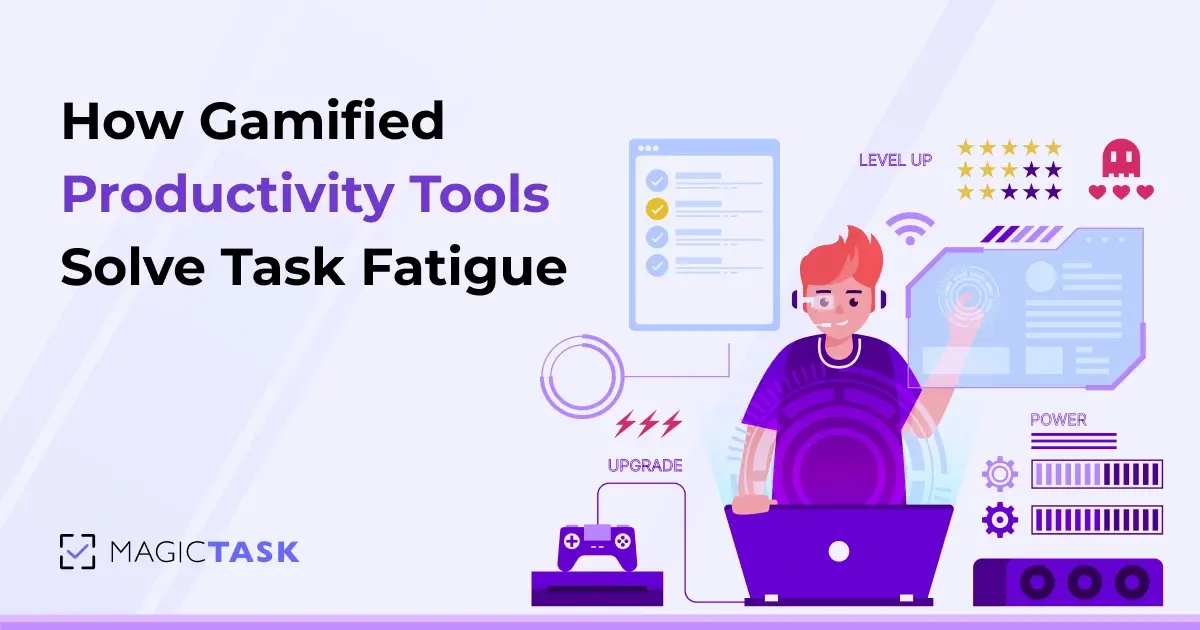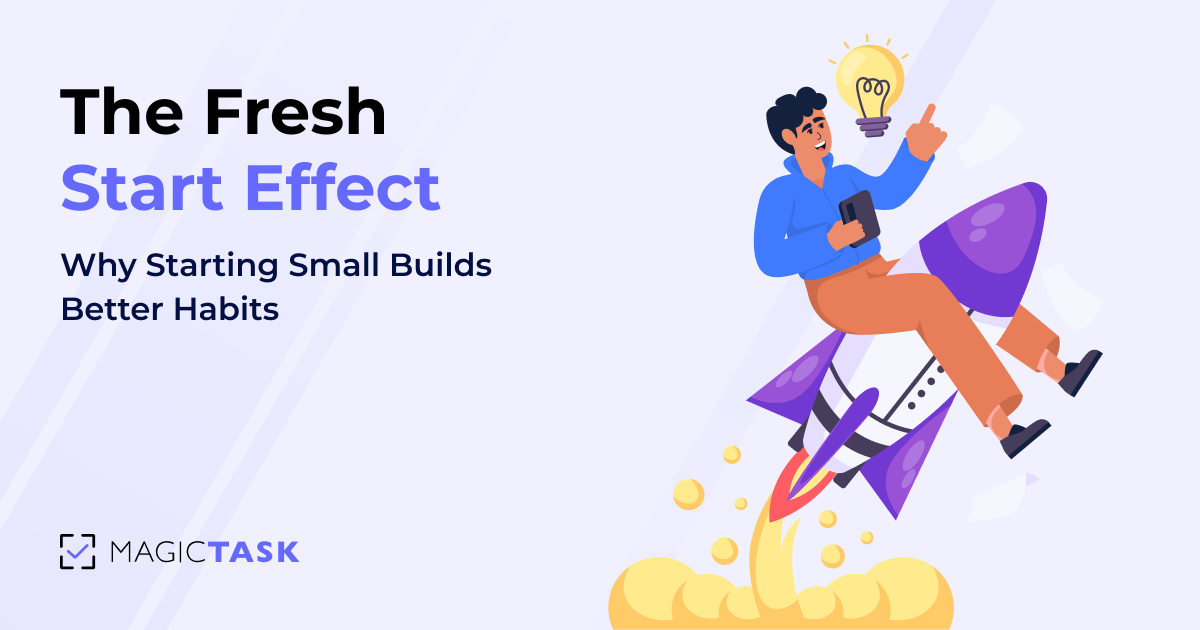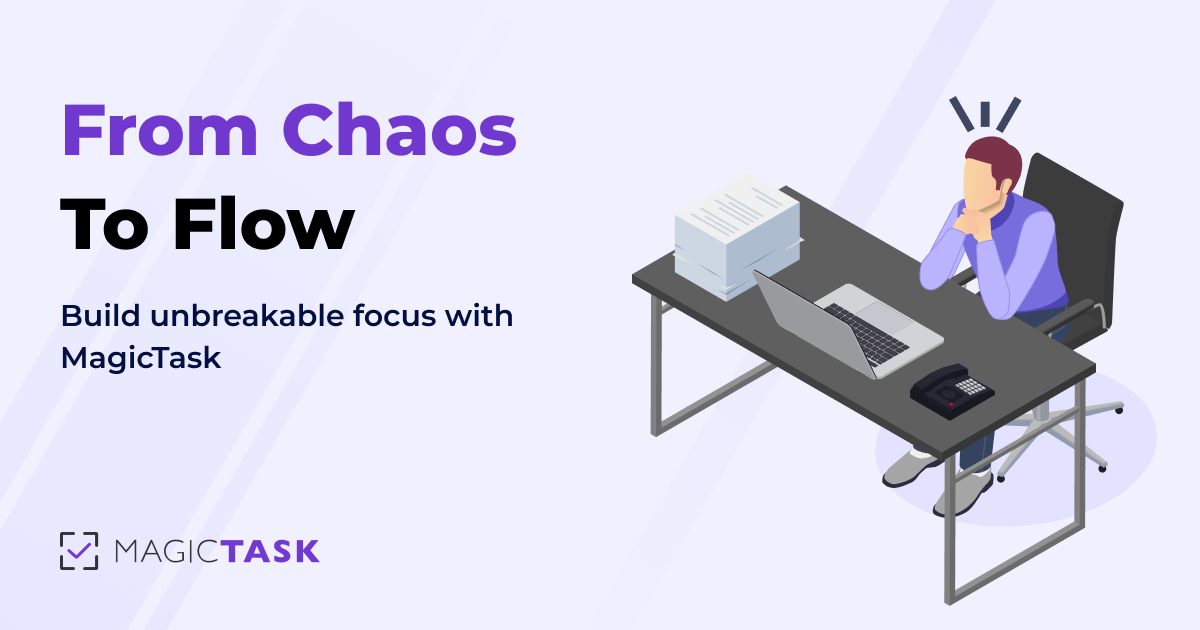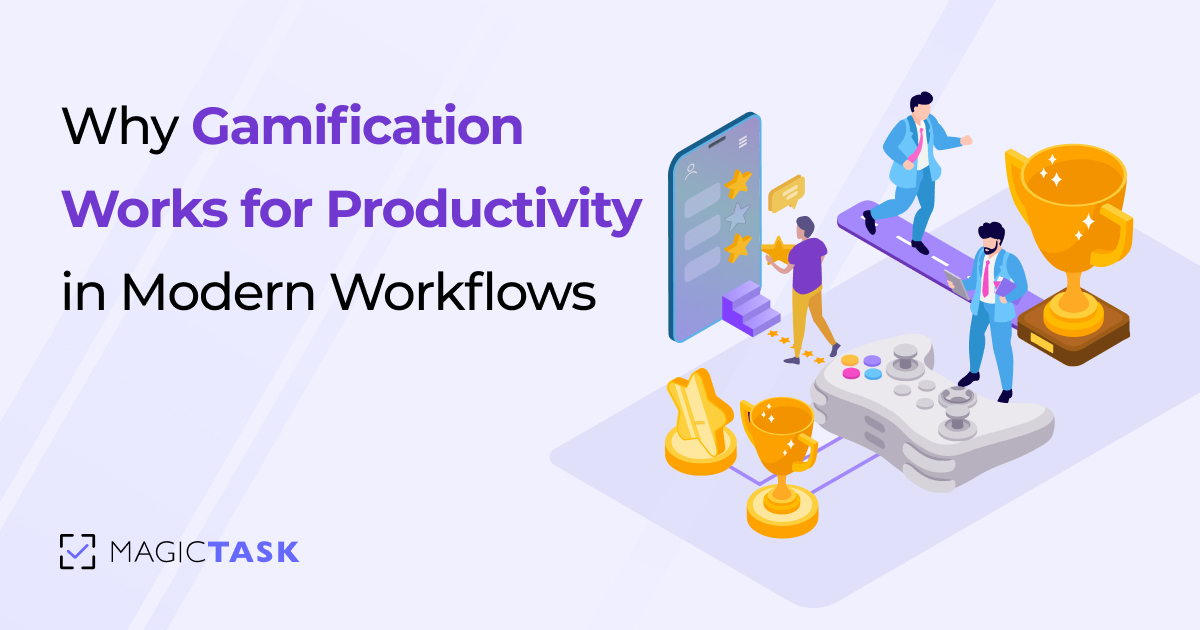10 Experts Share Their Productivity Tips to Get More Work Done
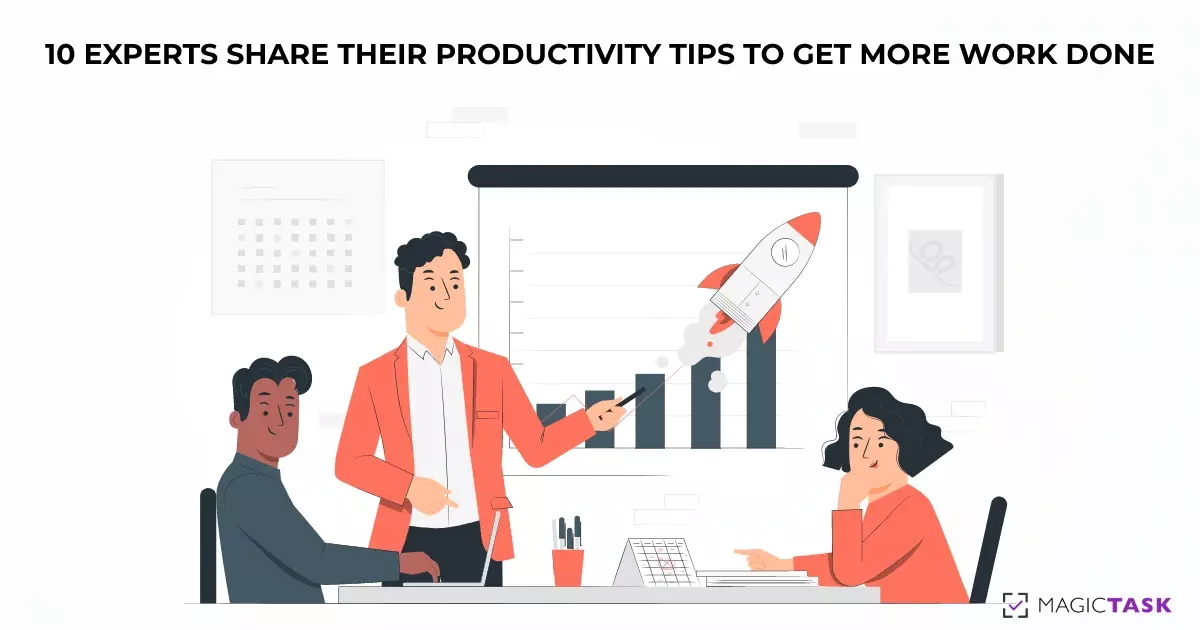
If you google productivity tips, you’ll easily find a ton of articles and techniques. The last two decades have seen the rise of a lot of productivity techniques, apps, and even gadgets that promise to make you more productive.
CEOs and founders have often made the headlines talking about their techniques and lifestyle habits that help them be more productive.
We’ve also seen a rise in life coaches and productivity experts who help boost your productivity to a whole other level.
In this article, we explore 10 productivity tips from experts who’ve mastered the art and science of making the most of their workday.
1. Liz Sumner

Ask yourself what is it I need to Find Out, Decide, or Do
says Liz Sumner, a productivity coach specializing in helping women with transitions in their careers. According to her, most of our roadblocks to productivity are associated with these three steps: Find out, Decide, or Do. We either need more information to proceed, or we need to make a decision, or we have to do it.
Often when faced with a large amount of work, we don’t know how to get started and often end up procrastinating on them. We often don’t know how to just get started. According to Liz, we can overcome this by approaching the tasks with these actions.
First, find out what we need to know to finish the task. It’s not the best idea to get started without all the information since we may have to constantly stop and search for it.
Once you have all the information, make your decisions. In some situations, the task itself may be making a decision; if so, make the decision. If not, decide if you want to work on the task, or if you want to delegate it to someone, or do it at a later time.
Once you’ve made the decision, carry out the task, or move on to the next one on your list.
2. Lori Cheek
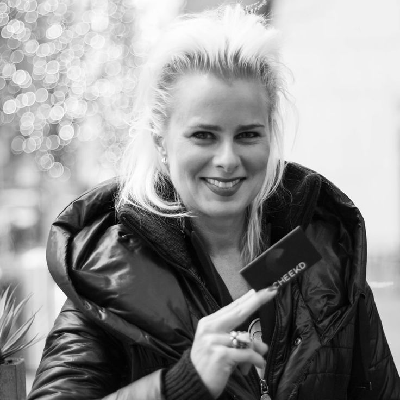
After running a small business for nearly five years, I've learned that the best way to get things done efficiently is to schedule everything
says Lori Cheek, founder and CEO of Cheekd, an online dating platform that wants to make missed connections a thing of the past.
If you’re someone who has worn way too many hats or is wearing them, you’ll know that it's very easy to simply forget what to do. You may miss deadlines, meetings and appointments, and other tasks that have to be done at or within a time. Even simply having too many things in your head can distract you and slow you down. This is the essence of the Getting Things Done or the GTD method.
But by using a schedule or a project management tool, you can reduce your cognitive load. You won’t have to worry about everything else and just focus on what you’re doing. With this, you’ll notice that you’re quicker at what you do, and as a bonus, you won’t miss out on or forget any tasks.
3. Jeff Stoller
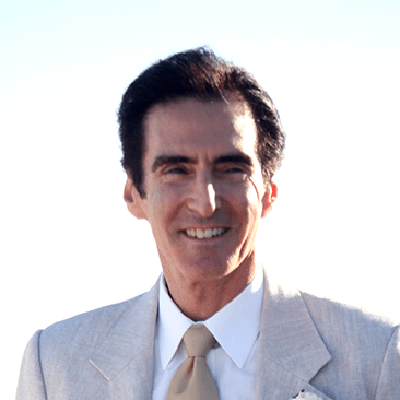
Focus on one thing at a time
According to Jeff Stoller, business executive, entrepreneur, and author, it's best to focus on one thing at a time even when you have a lot to do. He compares it to going to the gym; you may have a whole routine, but you do it one exercise or one workout at a time.
While many people may put multi-tasking on their resumes, the fact is that the human brain can’t handle many different things at the same time. We won’t have any focus at all, all the tasks will be trying to get our attention at the same time and essentially serve as a distraction.
Instead, try to approach one task at a time. Put all your energy and focus into it. Once that’s done, move on to the task and check off your entire list one after another.
4. Adam Daily
Write down one or two things that you absolutely need to get done.
And “make sure that at least one of them revolves around something that will put more money in your pocket,” says Adam Dailey, CEO of Funly Events.
When there are too many things for you to do, it may not be easy to prioritize all of them. You may have to move around a couple of things throughout the day, and it may be tough to choose which. By writing them down, you ensure that your two most important things are done by the end of the day. At the same time, you'll have the flexibility for other things that may come along.
Another aspect of this is that you’re forced to make choices that matter most to you every day. Instead of your day deciding it for you, you’re actively deciding which path you want to go down. This helps you decide where you want to reach and what you’re trying to achieve. Adam Dailey suggests you keep the piece of paper inside your pocket so that you are reminded of these tasks throughout the day.
5. Greg Rudolph
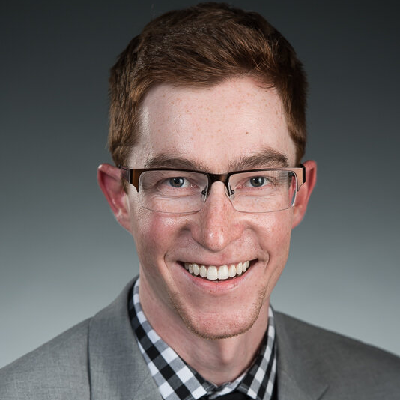
Keep an "easy work" file
According to Greg Rudolph, CEO of Board Blazers, keeping an ‘easy work’ file ensures “you have a simple task ready to go whenever you find yourself with a few free minutes in your day. The idea is simple; every day you’ll have a list of large tasks. Once you start these tasks, it's best to complete them in a go as it will take time for you to focus back if you get disturbed.
But you’ll also have a lot of smaller often repetitive tasks as well. These tasks usually won't take too much time to complete or to focus back on even if you’re disturbed. When you start the day, have a list of these small tasks by your side. Every time you have to wait for something or you’re not able to carry out other tasks, tackle these small tasks. These tasks could be typing in paper records or paying your utility bills or any other task that won’t need much cognitive space.
6. Bill Fish
My biggest tip for productivity is to stay off of instant messaging platforms as much as possible.
says Bill Fish, founder and president of ReputationManagement.com. According to him, instant messaging platforms are like “someone standing behind you tapping you on the shoulder every five minutes, but you don't know when the next tap is going to be.”
Instant messaging platforms offer the convenience of reaching out to your colleagues the moment you need them. But it also places a responsibility or obligation for you to respond the moment you receive a message. This prevents you from reaching your peak productivity as you may be disturbed at any moment.
So it's best to use emails as much as possible. If not, treat instant communication platforms like emails - with no obligation to respond instantly. Build a culture among your teammates, so they know that you’ll respond when you’re free. Train your teammates to share all the details of the problem they want you to respond to, to reduce unnecessary back and forth.
7. Ann Herrmann-Nehdi

Manage your brain instead of letting it manage you
This is what Ann Herrmann-Nehdi, CEO of Herrmann International and author of The Whole Brain Business Book has to say about being productive. The idea is to avoid creating distractions for yourself in the form of multitasking. Our brain can do one thing well at a time, but as we add more things, either they all take way too long, or the output quality suffers.
If there’s anything in your mind that’s not letting you focus, just add a reminder for it and then put all of your energy into the task at hand. It may be a good idea to do a brain dump before you sit down for work daily or at the end of the week. Add all the tasks or information in your head into a calendar or a project management system. Avoid at all costs the nagging feeling inside your head that tells you that you’ve forgotten to do something.
8. Laura MacLeod
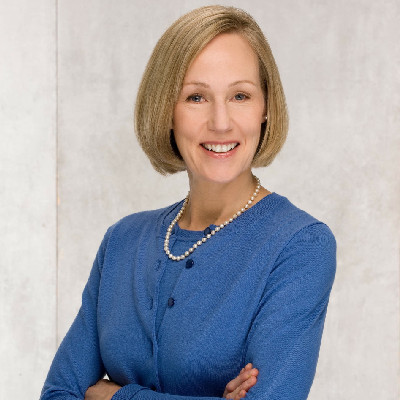
Be direct and clear with co-workers and supervisors.
According to Laura MacLeod, HR expert and founder of From the Inside Out Project, this can help you be more productive at your workplace. Clear communication is often an underrated aspect of peak productivity. When you know exactly what’s expected of you and you have all the information necessary to make that happen, it's easy for you to charge through your tasks.
The opposite is also true; when you are not sure about the outputs or are unable to access the necessary resources, you will be held back from your tasks.
To be your most productive self, make sure you have all the information you need for the tasks you’re doing that day. Build a culture of effective communication with your teammates. When you do receive the information, organize them together. Try to ensure you don’t have to look for information when you’re in the middle of something.
9. Nellie Akalp
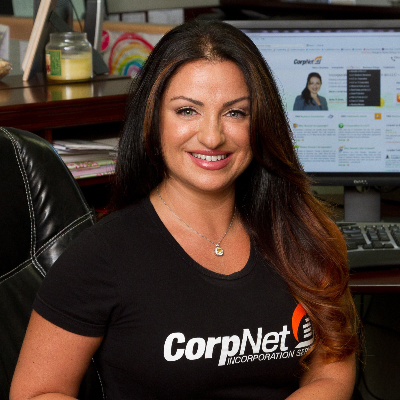
When I'm in the office and feeling drained or unmotivated, what helps me the most is to get outside of the building and take a short and brisk walk
Nellie Akalp, CEO of CorpNet.com says this is a “sort of a re-boot” that helps them ready to work again. Being at your best physical and mental health is crucial to get you to peak productivity. If you’re not feeling well, or if you’re burned out, you won’t be able to reach there.
Sitting all day in front of your PC is not the best way to be productive. Make sure you take a break every once in a while and step away from your work. Take a walk, drink some water, and if you’re hungry, have some food.
When you do step away from the table, make sure you’re still not thinking about it. Take a complete break, and then come back to your desk fully recharged.
10. Helene Segura

Avoid "reminder dismiss syndrome," which is when those pesky reminders pop up while you're working on something else and you end up dismissing those nudges until that task has become another fire to put out.
This is what Helene Segura, author and speaker have to say about productivity. Many times we make the effort to set up reminders and alarms to make sure we get our tasks done. But when the alarm rings, we procrastinate.
While we cannot avoid this every time, it's going to take a serious hit on your productivity if you make it a habit. You’ll pile up your tasks until it becomes too big to handle. You’re also likely to miss deadlines and maybe even forget some of the tasks.
If you’re setting a reminder, use it as a tool to push yourself through to complete the tasks. Don’t push it off to another day.
Be More Productive With MagicTask
MagicTask is a state-of-the-art task management solution for individuals and organizations. The tool helps you collaborate efficiently and make sure that your tasks are completed on time.
Its gamified approach and exciting themes are designed to make you more productive. Check it out now; it's free to use.
